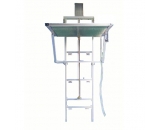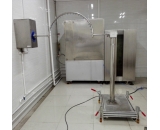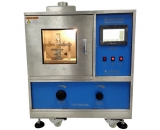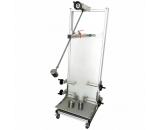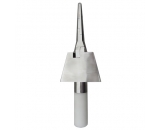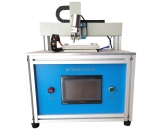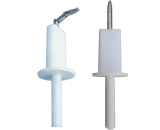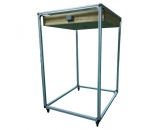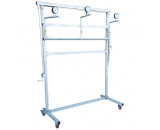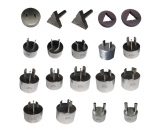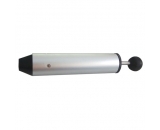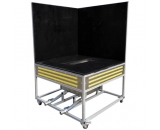麻烦高手帮忙翻译一下。
中译英:一个样品的两颗镙丝脱落,另一个样品的两颗镙丝松动。 Two screws of a sample come off, two screws of the other loose there is sth. wrong with the two screws of a sample, one come off, the other
one loose. 2楼的意思好象和原文有点出入 要说也应该是there are sth. wrong with the two screws of two samples.... Maybe we can translate it to:
One sample of the screws be came off, The other sample of the two screws be loose.
2楼的翻译出入很大。我把你的译文转回中文,就是“有一个样本的两颗螺丝有问题,一颗螺丝脱落,另一颗松了”
4楼的翻译也有些出入。楼主的原意: “样品”不等于“螺丝”,“螺丝”是“样品”的部件。按3楼的翻译,sample=screw,被检测的是screw。
个人觉得1楼的翻译可以了。如果要稍加润色的话,用过去时描述测试结果。 4楼在come off前加be我认为语法有些不对,come off本来就是不及物动词短语,动词前不用加be,如果是被动语态,但不及物动词不能用于被动语态 Two screws of a sample is lost, and two screws of the other sample is lax. 引用第0楼雨花石于2008-11-15 16:04发表的
中译英:
一个样品的两颗镙丝脱落,另一个样品的两颗镙丝松动。
Two screws of one sample came off, and two screws of another sample loosen. COME OFF? CHINGLISH Screw is not a man.
螺丝并无主观意识,哪来come off?这个脱落在英文里真不好讲,所以用lost可能更合适,但一定不能用come off. come off是有脱的意思,但这种脱是无意识的脱。
此语翻译还行:
Two screws of a sample is lost, and two screws of the other sample is lax.
略作修正如下:
Two screws is lost on one sample and two screw is loosen on another (sample).
在这里必须是过去分词作形容词来表达一种状态。
页:
[1]
2
